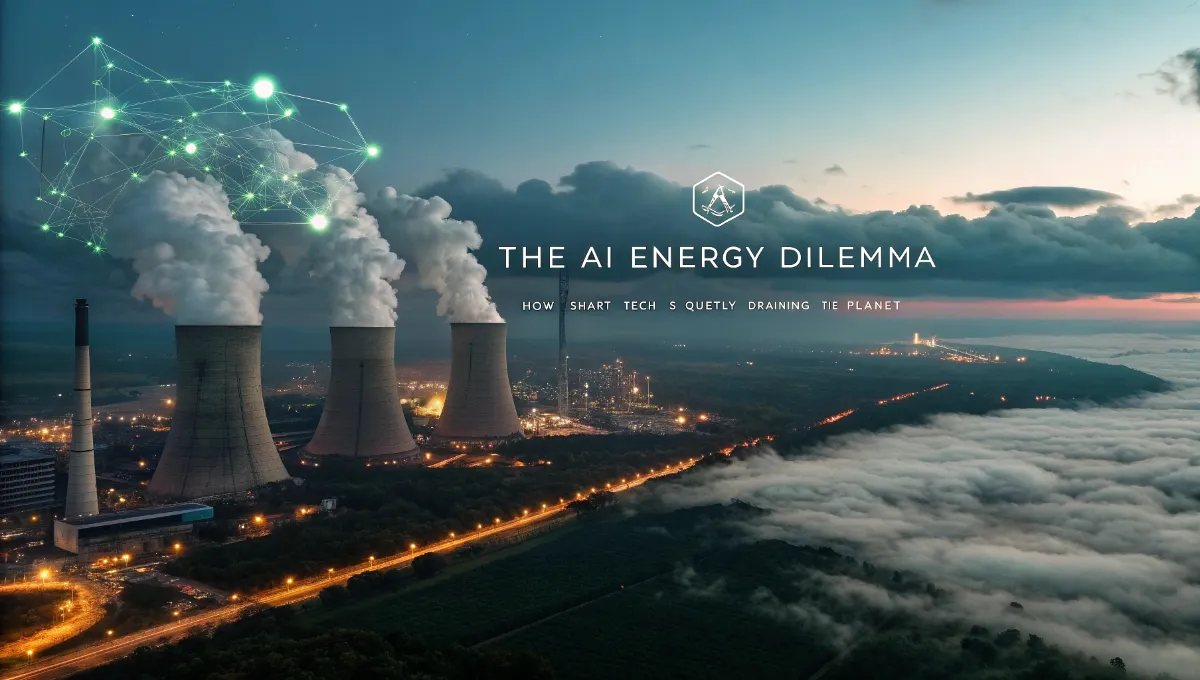The internet has just changed again. On October 21, 2025, OpenAI officially introduced ChatGPT Atlas, its own AI-powered web browser — and the world immediately started searching for it. Why? Because Atlas isn’t just another browser. It’s a complete re-imagination of how humans and machines explore the web together.
For decades, we’ve typed queries, clicked links, and scrolled endlessly. Now, with ChatGPT Atlas, you talk to the web. You ask, it answers — not with links, but with understanding. And that’s what makes people in the United States, and around the world, suddenly curious: what exactly is ChatGPT Atlas, and why does everyone care?
The short answer: it’s not just a browser — it’s an intelligent browsing companion.
From Search to Conversation
When you open ChatGPT Atlas for the first time, it feels both familiar and futuristic. The main window looks like any modern browser — sleek, minimal, and clean. But on the right side, a new panel quietly waits for you: the ChatGPT Assistant. It watches as you navigate, and when you need help, you simply ask.
You can say:
“Summarize this article,”
“Compare these two products,”
“Find the author’s credentials,”
“Book a flight to San Francisco next Thursday.”
And Atlas does it. Instantly. No tabs, no ads, no confusion.
That seamless integration is what makes the ChatGPT Atlas experience so revolutionary. It turns passive browsing into an active, intelligent exchange — where every click becomes a conversation.
Why People Are Searching “ChatGPT Atlas” Everywhere
In the days following its announcement, “ChatGPT Atlas” became one of the top trending search terms in the U.S. technology category. The reason is simple: it changes how we think about the internet.
Millions are asking questions like:
-
What is ChatGPT Atlas?
-
Is it better than Chrome or Safari?
-
Will it replace Google Search?
-
Is it free to download?
Those questions reveal both excitement and uncertainty — the same feelings the first users of Google once had in 1998. Atlas is sparking that kind of curiosity again.
People are drawn to the promise that this isn’t just another interface, but a personalized AI browsing layer that learns, assists, and remembers.
Agent Mode — Your Digital Co-Pilot
Perhaps the most exciting feature is called Agent Mode. In this mode, Atlas doesn’t just answer questions — it acts.
You can tell it:
“Find a good hotel in Austin under $200,”
“Fill out this form with my business info,”
“Check flight times to New York on Friday.”
And it will perform those actions for you, safely, with your permission.
That’s why experts call Atlas the first practical AI agent integrated into a mainstream browser. It’s like having a smart intern working inside your screen, ready to handle the routine tasks while you focus on the big picture.
This concept — AI as an “agent” that operates across websites — explains why the search term “ChatGPT Atlas” exploded overnight. It’s not just curiosity. It’s anticipation.
A New Kind of Memory
Another core innovation is the browser memory system. Unlike Chrome or Safari, which only track history, Atlas can remember context.
It knows which sites you visited for research, which articles you liked, which topics you revisited. When you allow it, Atlas connects the dots and tailors your browsing experience to what matters most to you.
For writers, marketers, and professionals, this means enormous productivity: imagine opening your browser and seeing a personalized brief of what you were working on yesterday, complete with sources, summaries, and drafts.
That’s the “Atlas difference.”
OpenAI vs. Google: The New Battle for the Web
The timing of ChatGPT Atlas is no coincidence. OpenAI has been quietly preparing to move beyond the chatbot era — and step directly into the world of AI-driven search and navigation.
Google has been working on its own AI assistant integrations for Chrome, but OpenAI took a bold shortcut: it built its own browser from the ground up.
For years, Chrome has dominated the market. But now, Atlas introduces a powerful new question:
If your browser can already think, summarize, and act — do you still need Google Search?
That’s the strategic tension that has the entire tech world watching.
OpenAI isn’t just building software. It’s challenging the architecture of how we use the web itself.
Why It’s Called “Atlas”
The name isn’t random. In mythology, Atlas was the Titan who held the world on his shoulders. In OpenAI’s vision, this browser holds the entire internet — and helps you carry it effortlessly.
It symbolizes strength, balance, and support — everything a modern digital assistant should provide.
So when people type “ChatGPT Atlas” into search bars, they’re not just looking for a download link. They’re looking for a new way to carry the weight of information.
Privacy and Control
Of course, with memory and automation come concerns. How much does Atlas actually remember? What data is stored?
OpenAI insists that Atlas operates under a user-controlled memory model — meaning you decide what it keeps and what it forgets. You can view, edit, or delete memories at any time.
In the age of data anxiety, that transparency is key. It reassures users that the future of AI-browsing doesn’t have to mean giving up privacy.
Who It’s For
Atlas isn’t just for tech enthusiasts. It’s built for everyone who feels the web has become overwhelming.
Students who research across multiple tabs.
Designers who collect inspiration.
Writers who summarize sources.
Entrepreneurs who manage forms, invoices, and messages.
In short: anyone who wants less noise and more clarity.
That’s why Americans — from college students to business owners — are now searching, reading, and testing Atlas. It’s not hype. It’s the natural evolution of how we interact with digital information.
The Next Step: Beyond Browsing
ChatGPT Atlas may begin as a browser, but it’s designed to become a platform. Future updates will integrate calendar syncing, note-taking, and multi-device memory.
Imagine starting a search on your laptop, then continuing it on your phone exactly where you left off — with context preserved.
That continuity is part of the broader OpenAI roadmap: to merge language models, browsing, and personal productivity into one continuous AI environment.
And Atlas is the doorway.
The Verdict: A Turning Point for the Internet
What makes “ChatGPT Atlas” such a powerful keyword today isn’t just that it’s new — it’s that it represents a shift.
For 30 years, browsers have been tools. With Atlas, the browser becomes a partner.
The curiosity flooding Google Trends isn’t accidental — it’s cultural. People sense that the web is changing again, and they want to understand the tool that’s leading the charge.
Whether Atlas becomes the next Chrome or simply the spark for a new wave of AI-powered exploration, one thing is clear: browsing will never be the same again.

Grace Whitmore is a beauty and lifestyle editor at Nestification, exploring the intersection of modern femininity, quiet luxury, and emotional design. Her work focuses on how aesthetics, mindfulness, and self-expression shape today’s idea of calm confidence — where beauty becomes a state of mind.
Based in New York · [email protected]















